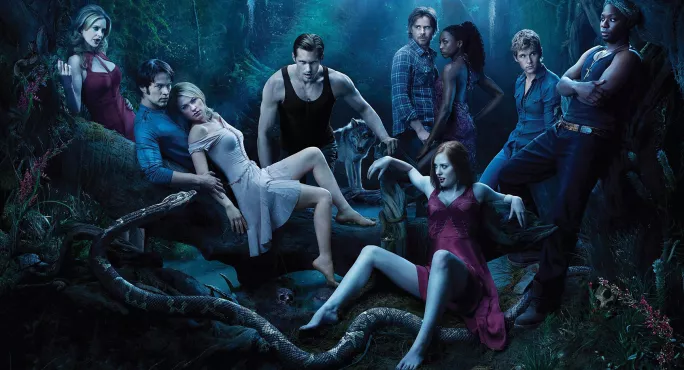One of the things I am missing while teaching online is the back and forth which happens in a normal classroom environment. An online class tends not to interrupt, and I am denied one of my favourite things - when the class goes off on a tangent, and ends up somewhere quite unexpected.
Once, in the middle of a photography class on copyright law, a hand went up, and this dry subject suddenly took on new life.
“Kirsty, did you know that it’s illegal to take pictures of the Eiffel Tower at night?”
More: How #JoyFE has been a source of connection for many
Student view: The 3 biggest pitfalls of remote learning
News: college students eligible for Covid-19 test
On a collective voyage of curiosity
I did not know this, and wasn’t sure if it was true. When I was first teaching I used to claim to know everything, believing that students want a deeply knowledgeable sage for a teacher. I have learned after seventeen years that they don’t, they want a baffled idiot who has as little grasp on the truth as they do. “No, I didn’t know that actually, why is that?”
He didn’t know either.
“Shall we fire up Google and have a look?” This was met with much enthusiasm, because now we were all learning together, on a collective voyage of curiosity. And there was a chance that it was because of something risque and related to public nudity or horrific gore, and I imagine that was part of the excitement.
It turns out that France maintains strict intellectual property rules on public works. The copyright on the design of the tower itself expired but the lights, which were added in 1985, are still under copyright and therefore you can’t take a picture of the tower at night and use it for commercial purposes.
Another hand goes up. “So when I’ve been dead for 75 years everyone can use my images for free? What if I leave them in my will so my grandchildren can have the royalties?”
And now we’re into international probate law, which is not where we started. So I admit I don’t know and say it might be hard to find someone’s ancestors continually for the rest of time, and that you might end up with thirty great grandchildren and then they’re only getting a few pence each. I tell them about the royalties on a book I contributed to which amount to about 14 cents a year.
“What was the book about?”
We are now three iterations away from the original point of the lesson and I pause. “Well that’s not really relevant to…”
“Oh, is it a sex book?”
“No, it’s NOT a sex book, it’s a book about a TV show called True Blood”. I recall much too late that this was a series about vampires which featured a great deal of blood, gore, violence, and yes, sex of all kinds, sometimes involving mythical creatures, and that the chapter I wrote was not something I would enjoy having quoted back to me in the future. Luckily they seem to lose interest as they’ve never heard of the show.
I manage to end the class by bringing them back kicking and screaming to the point about copyright and they file out, with the original Eiffel Tower student hanging back. “I enjoyed that Kirsty,” he says and I feel a warm glow. Then another student hangs back and looks at me knowingly. “I’ve watched every episode of True Blood. I’ll have to keep an eye out for that book.”
Ah well, it was a great career while it lasted.
Kirsty Walker teaches at a college in the North West of England




